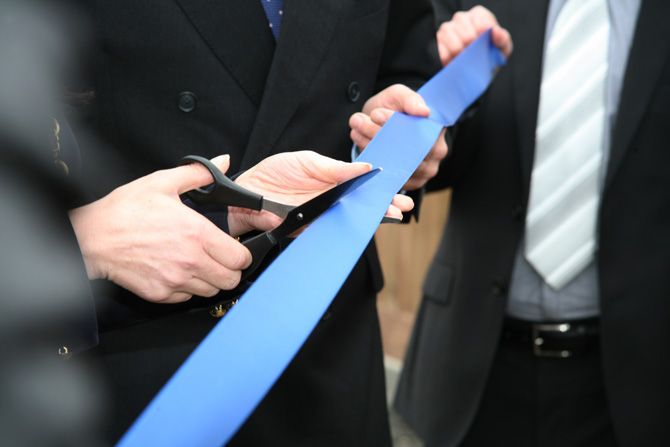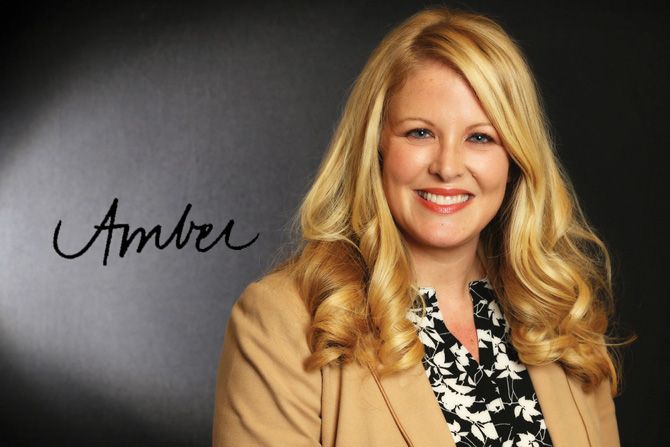Question: We recently made payment on what appeared to be a Cashier’s Check we issued, but it turned out to be a counterfeit. The Cashier’s Check was deposited at another bank first and then presented to us for payment. Is the bank of first deposit liable under Indiana law in this situation, or are we?
Answer: Unfortunately, your bank will likely have to bear the loss in this situation. If the Cashier’s Check was issued by your bank, a court is likely¹ to conclude you were in the best position to identify the counterfeit instrument.
A Cashier’s Check is a draft with respect to which the drawer and drawee are the same bank.² If your bank made payment on a counterfeit Cashier’s Check, it has made payment on an instrument presented by a holder in due course that was not properly payable. As a general rule, under the Indiana Uniform Commercial Code where the drawee of a draft pays or accepts the draft and the drawee acted on the mistaken belief that payment of the draft had not been stopped or the signature of the drawer of the draft was authorized, the drawee may recover the amount of the draft from the person to whom or for whose benefit payment was made or, in the case of acceptance, may revoke the acceptance. However, the drawee may not assert a claim against a person who took the instrument in good faith and for value or who in good faith changed position in reliance on the payment or acceptance.³ Unless the drawee can recover upon a warranty as prescribed by Ind. Code § 26-1-4-207 or Ind. Code § 26-1-3-417, its payment is final in favor of a holder in due course or a person who has, in good faith, changed his position in reliance on the payment.
So, unless you have evidence that the presenting bank had some knowledge of the forgery, the liability for the counterfeit Cashier’s Check will stay with your bank.
In response to losses arising from counterfeit Cashier’s Checks,⁴ some banks have begun conducting a secondary security verification for all Cashier’s Checks above a predetermined amount. While this is a cumbersome process, given the potential exposure faced by increasingly sophisticated counterfeit instruments, it may be worthwhile.
This information is provided for general education purposes and is not intended to be legal advice. Please consult legal counsel for specific guidance as to how this information applies to your institution’s circumstances or situation.
1 Indiana courts have yet to consider the case of a counterfeit Cashier’s Check honored by the issuing bank, but the holding in Payroll Check Cashing v. New Palestine Bank, 401 N.E. 2d 752 (1980) addresses similar issues.
2 Ind. Code § 26-1-3.1-104(g)
3 Ind. Code § 26-1-3.1-418
4 One Indiana financial institution has already experienced a loss in excess of $100,000 in connection with a single counterfeit Cashier’s Check.
Brett Ashton is chair of Krieg DeVault’s Financial Institutions Practice. He counsels a wide array of financial institutions on complex bank acquisitions, litigation defense and avoidance strategies, strategic planning, new product development, negotiation and defense of regulatory enforcement actions, and general regulatory compliance issues.
Email Brett at BAshton@KDLegal.com.

Krieg DeVault LLP is a Diamond Associate Member of the Indiana Bankers Association.









